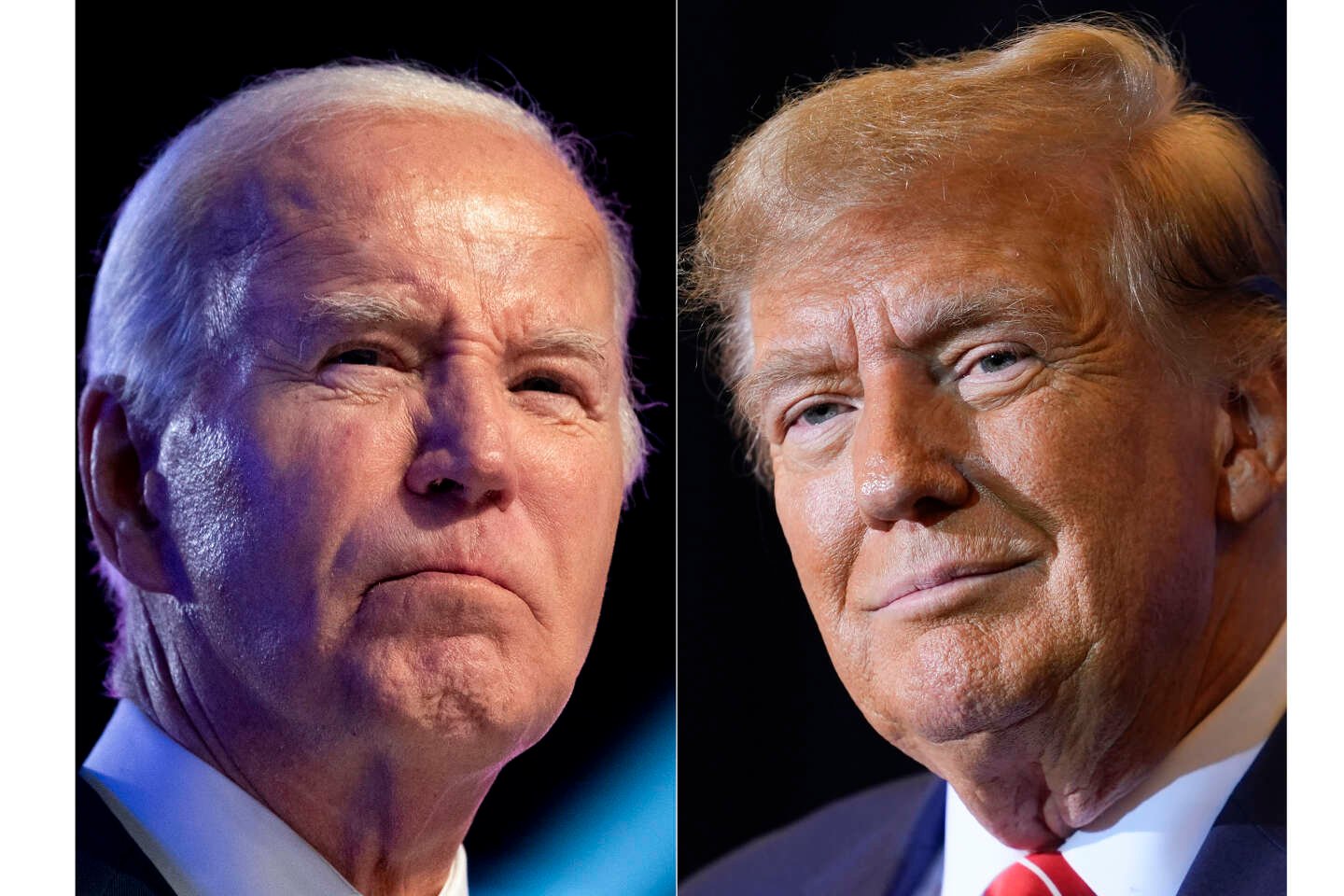Donald Trump appears to have effectively quashed the long-shot campaign of Nikki Haley in the 2024 Republican presidential primary during Super Tuesday. The former president secured victories in 12 out of 13 states called by 11 p.m. ET, including significant wins in California, Texas, North Carolina, and Virginia, amassing a substantial number of GOP delegates. Speaking from his Florida resort in Mar-a-Lago, Trump emphasized the significance of Super Tuesday, asserting, “There’s never been anything so conclusive.” Despite his triumph, Haley, a former UN ambassador under Trump, continued to highlight his vulnerabilities among moderate voters and in swing states.
However, Trump’s victory was not without its challenges. Although the Supreme Court ruled in his favor, ensuring his appearance on the ballot after a dispute with Colorado, he faced criticism over issues such as the migrant crisis and the handling of the COVID-19 pandemic. While Trump dominated the night, he lost a notable portion of the vote to Haley in battleground states like Virginia and Colorado, with Haley even securing a win in Vermont.
Haley’s underdog bid underscored a critical moment in the GOP primary race. Despite her argument that Trump is too polarizing to win a general election, the majority of GOP voters seemed to disagree. While Haley’s campaign showcased resilience, it ultimately fell short in the face of Trump’s overwhelming delegate lead. Nonetheless, Haley’s performance positioned her as a formidable contender for future elections, especially considering her lead over Biden in some general election polls.
In North Carolina, attention shifted to the gubernatorial race, which is shaping up to be highly competitive. Democratic Attorney General Josh Stein and Republican Lt. Gov. Mark Robinson emerged as the primary front-runners, representing stark ideological differences. The outcome of this race is significant, serving as a barometer for voter sentiments and the political landscape in the state, which has become increasingly unpredictable in recent years.
Moreover, North Carolina voters navigated new election laws, including requirements for voter ID at polls and restrictions on mail-in ballot returns. While initial reports suggested minimal issues with the implementation of these laws, concerns were raised regarding potential voter disenfranchisement and confusion, particularly among infrequent voters.
Meanwhile, President Joe Biden sailed through the Democratic primary virtually unopposed, securing victories in most states with overwhelming support. However, concerns lingered regarding his electability and questions surrounding his age and cognitive abilities. Despite these challenges, Democrats rallied behind Biden, highlighting his administration’s accomplishments and contrasting his leadership style with that of Trump.
In Minnesota, Biden faced some setbacks, with a significant portion of Democratic voters opting for “uncommitted” over him. Additionally, a lesser-known candidate, Jason Palmer, emerged victorious in American Samoa, garnering attention despite minimal visibility on the national stage.
Overall, Super Tuesday provided insights into the state of the presidential race, highlighting both the strengths and vulnerabilities of the leading candidates. As the primary season progresses, the political landscape continues to evolve, shaping the trajectory of the 2024 presidential election.
